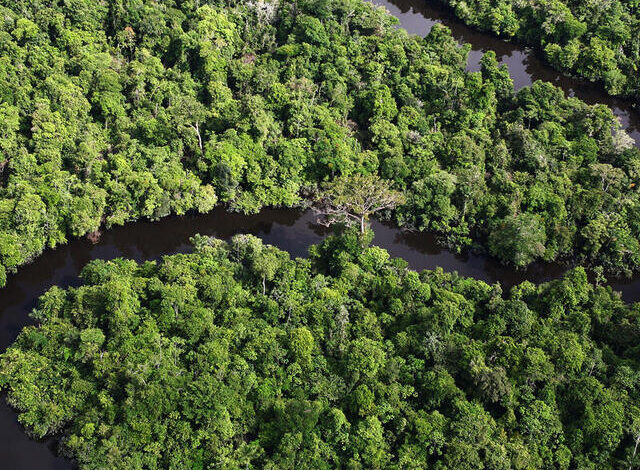Majority of countries fall short on commitment to nature, says WWF.

By Samuel Ogunsona
Many countries across the world fall short of committment to the preservation of nature, a review of National Biodiversity Strategies and Action Plans (NBSAPs) by the World Wildlife Fund (WWF) has revealed.
WWF argues that most countries are not honoring their commitments to halt and reverse nature loss by 2030.
Irohinoodua was informed in a statement from WWF that almost two years ago, 196 countries adopted the Global Biodiversity Framework (GBF) under the UN Convention on Biological Diversity, pledging to submit revised national action plans by COP16 in Cali, Colombia.
WWF expresses serious concerns about the low number of submissions and the quality of those submitted.
“The slow pace of progress is alarming,” said WWF Director-General, Marco Lambertini.
“We know change isn’t easy and countries are facing challenges such as a lack of funding, insufficient data and political instability, but there is a worrying gap between what was promised in Montreal, and the plans put in place so far to reverse the loss of nature by 2030,” says WWF’s Head of Global Advocacy, Bernadette Fischler Hooper.
“National strategies are a country’s blueprint for restoring nature and building better lives and futures for their nations. WWF urges countries who haven’t done so, to start revising their national biodiversity planning, and to those who have – to speed up the delivery of those targets as well as stepping up support to other countries,” adds Fischler Hooper.
With only 10% of countries having submitted national plans since COP15, WWF’s NBSAP Tracker also assesses national targets published by 33% of countries. The fact that only a small number of countries have fulfilled their obligation is a worrying sign.
“There are various reasons for these poor results,” explains Fischler Hooper. “Lack of ambition to do the revisions is one, but other countries just don’t have the resources. It is, however, encouraging to see some strong national plans and targets with clear actions, though most still lack sufficient funding for implementation,” Fischler Hooper adds.
COP16 has to serve as a moment to bolster equitable action, foster solutions and increase political backbone to halt and reverse nature loss by 2030. Delivering updated national actions plans is the first step – and we don’t want to fall at the first hurdle,” says Li. “WWF hopes our NBSAP Tracker will be a useful independent tool, helping to make biodiversity policy accessible to all stakeholders, including
policymakers, businesses, rights-holders, citizens and organizations ahead of COP16.”
The COP16 conference is scheduled to take place in Cali, Colombia, in the coming weeks.





